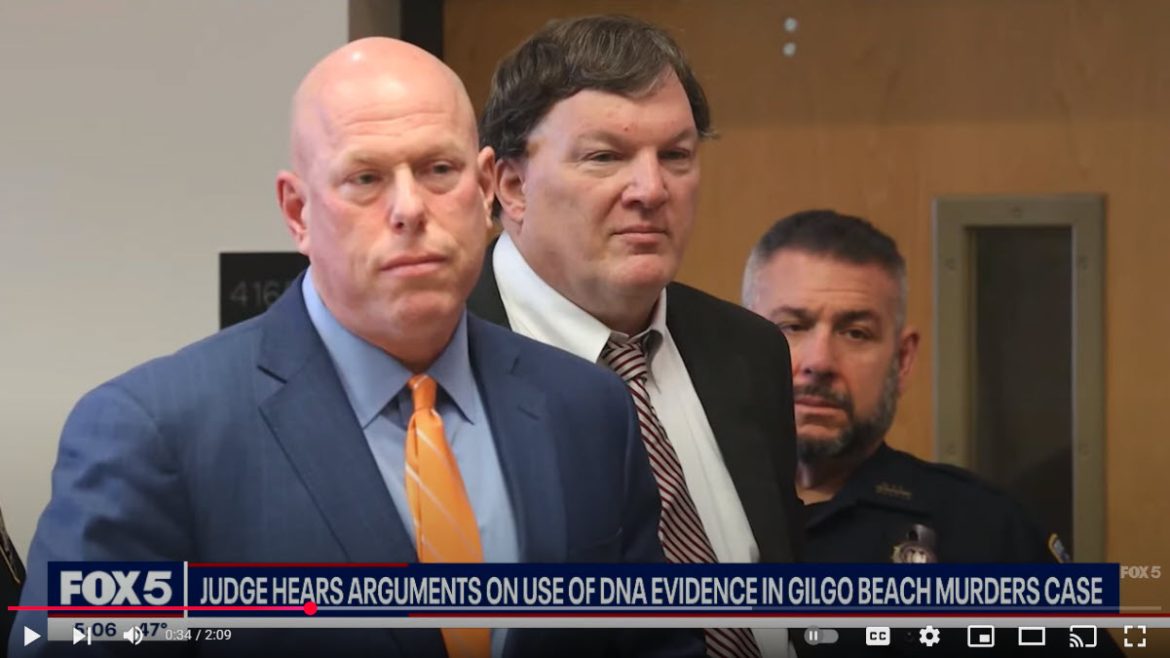Rex Heuermann, the accused Gilgo Beach serial killer, appeared in a Long Island courtroom on January 29, 2025, where his defense team filed motions requesting separate trials for the seven murders he is charged with and challenging the admissibility of DNA evidence.
Heuermann’s attorneys argue that combining all seven cases into a single trial could lead to an unfair conviction due to the “cumulative effect” of the evidence. They propose one trial for the initial three victims—Melissa Barthelemy, Amber Costello, and Megan Waterman—and separate trials for the remaining four victims—Maureen Brainard-Barnes, Jessica Taylor, Valerie Mack, and Sandra Costillo. The defense contends that the distinct circumstances, time frames, and evidence associated with each case warrant individual trials.
Additionally, the defense is challenging the admissibility of DNA evidence obtained through whole genome sequencing from rootless hair samples found at multiple crime scenes. They claim that this DNA analysis method is not widely accepted in the scientific community and has not been previously used in New York state courts. Heuermann’s attorney, Michael Brown, emphasized the novelty of this technique in the legal context, stating, “It’s never been the subject of any judicial testing or any standard so this is the first time in the United States that it will be done.”
Suffolk County District Attorney Ray Tierney defended the use of whole genome sequencing, asserting that it is a well-established method employed in various scientific and forensic applications, including medical diagnostics and paleontology. He expressed confidence in the technology’s reliability and its acceptance within the scientific community.
Heuermann, a 61-year-old architect from Massapequa Park, has pleaded not guilty to all charges. The murders, which occurred between 1993 and 2010, involved young women, many of whom were sex workers, whose remains were discovered along Ocean Parkway near Gilgo Beach.
The court has scheduled a hearing for late February or early March to assess the admissibility of the contested DNA evidence. Heuermann’s next court appearance is set for February 18, 2025.



